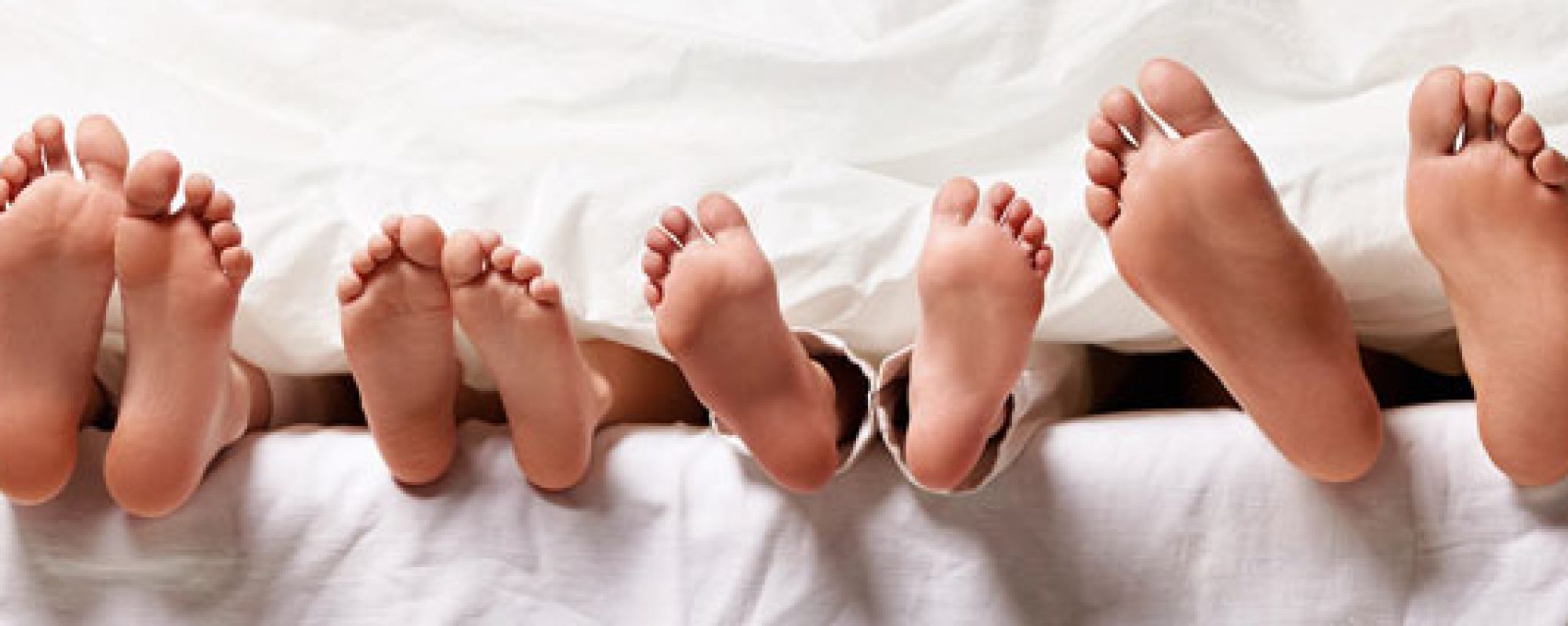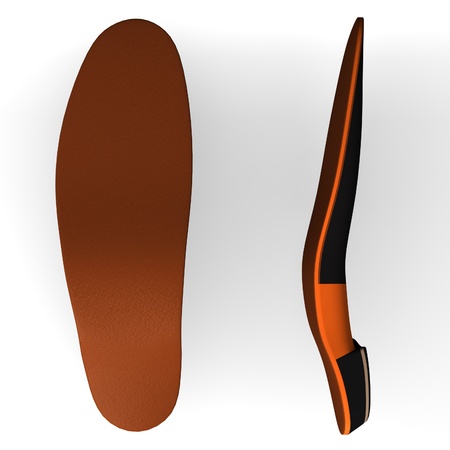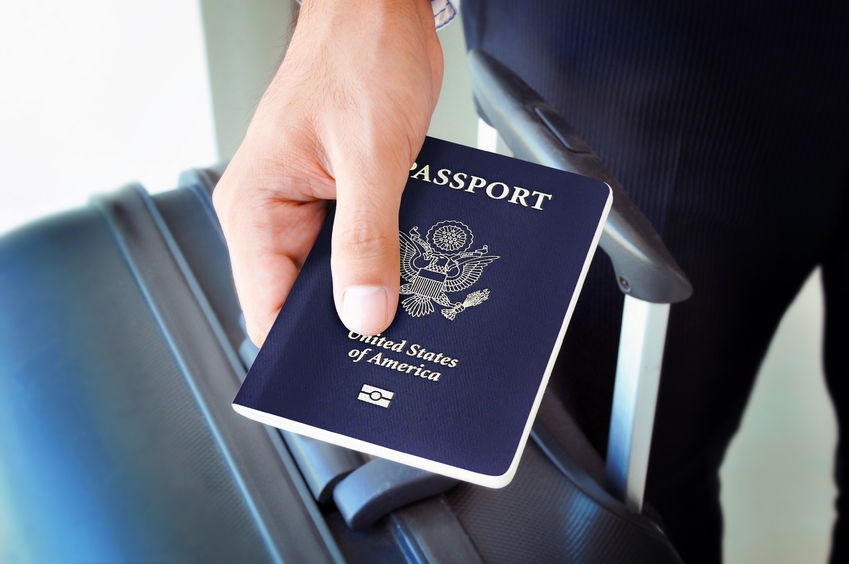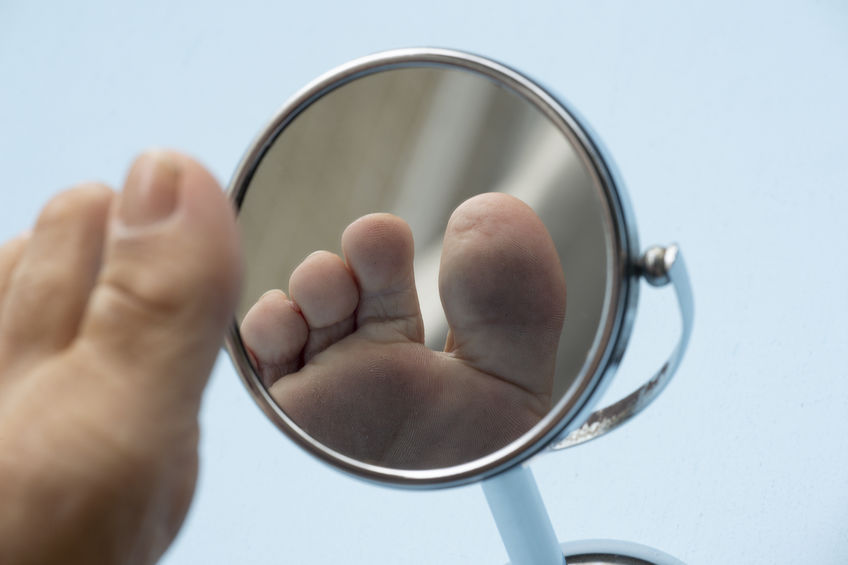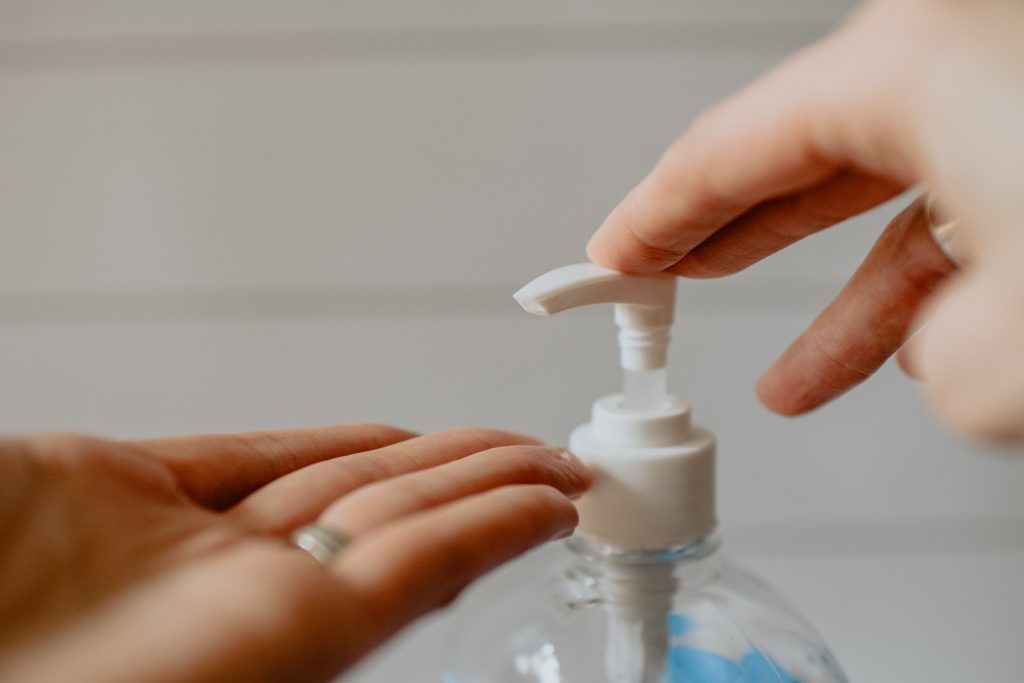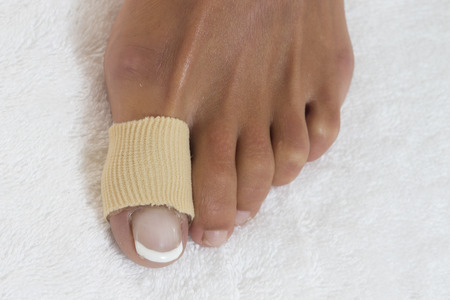Custom orthotics are devices provided by a specialist or a podiatrist according to the anatomy of your foot. Custom orthotics can benefit anyone as they support the natural shape of the feet, alleviate pain in the foot, redistribute weight evenly on the feet, maintain equilibrium and greatly reduce the risk of forming foot sores in people with diabetes. They are frequently prescribed to people with bunions, hammertoes, high-arched feet, flat or webbed feet, plantar fasciitis, overpronation, diabetic foot, and supination.
How Can They Benefit You?
- Custom orthotics manufacturers use intelligent, innovative sensory technology to gauge the anatomy of their client’s feet and analyze pressure points for any dysfunctional gait issues while bearing weight. This way, the custom insoles are made to address an individual’s podiatric requirements.
- A podiatrist would prefer prescribing custom orthotics to people seeking orthotic support for their feet, but insurance companies usually do not cover the expense of custom orthotics. The other suitable option could be supportive insoles formed by a rigid material that would lend stability to the feet instead of the widely available soft-bendable drug-store insoles. Foot structure misalignment, supination, overpronation, and plantar fasciitis can be corrected with custom orthotics or supportive insoles.
- When choosing supportive insoles, bear in mind the right volume of insoles for the kind of shoes they would be inserted in and the type of place you would be wearing them. For example, insoles with low volume are better suited for people with low arches or cycling shoes. Medium volume insoles work well with a range of arch types, casual footwear, and some athletic shoes. Insoles with high volume are best for runners or trekking boots, hiking footwear, ski boots, and feet with high arches.
At Step by Step Family Foot Care, in Parsippany, New Jersey, we offer custom orthotics and supportive insoles for your podiatric needs after a thorough consultation with our board-certified podiatrist Dr. Debra B. Manheim. For more information and to schedule your appointments, contact us at (973) 917-3785.
